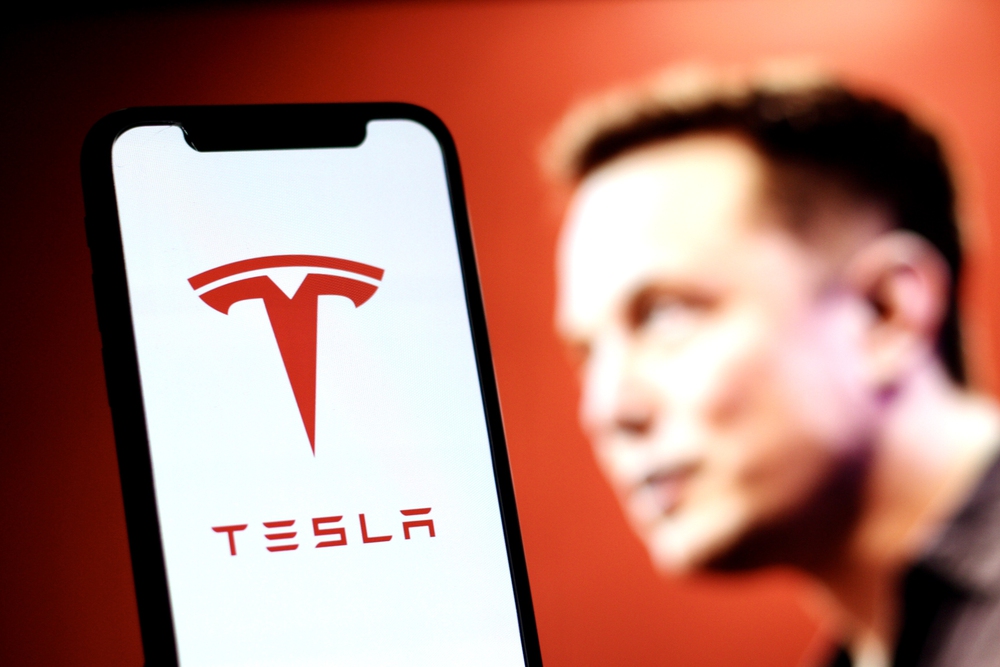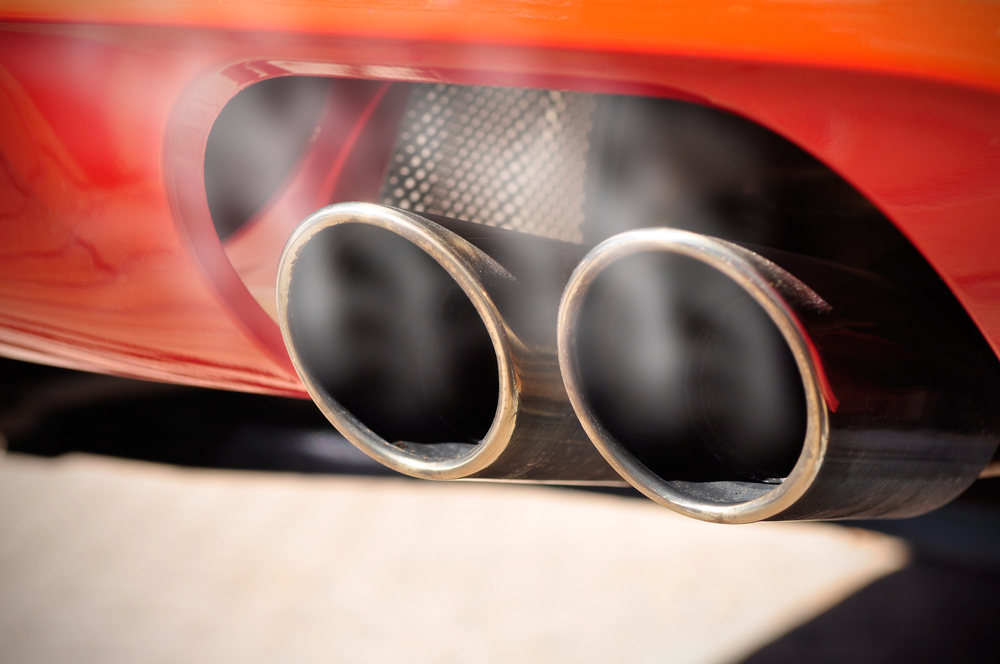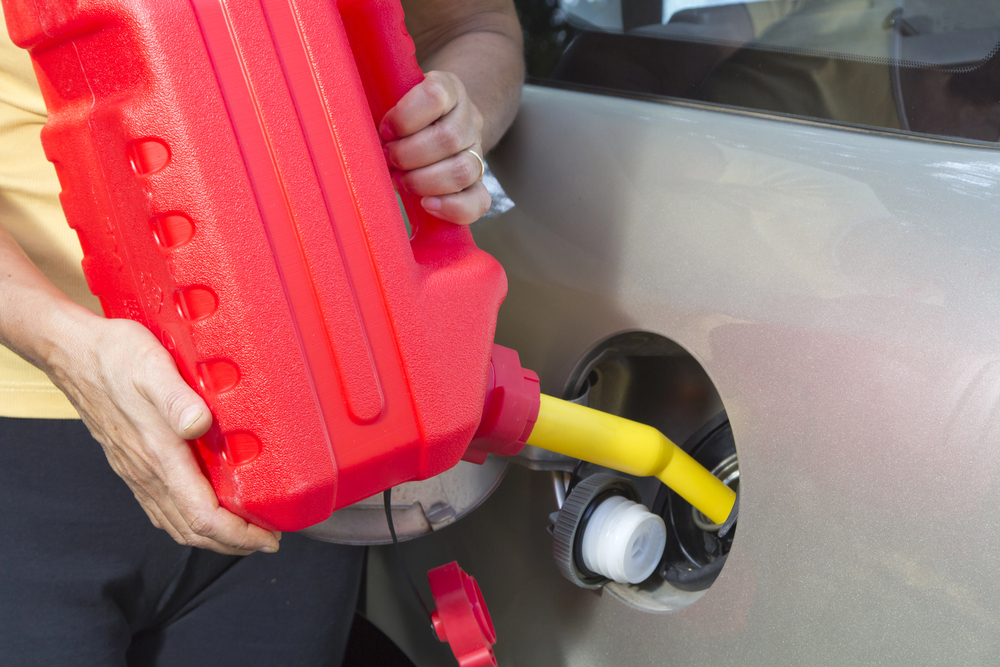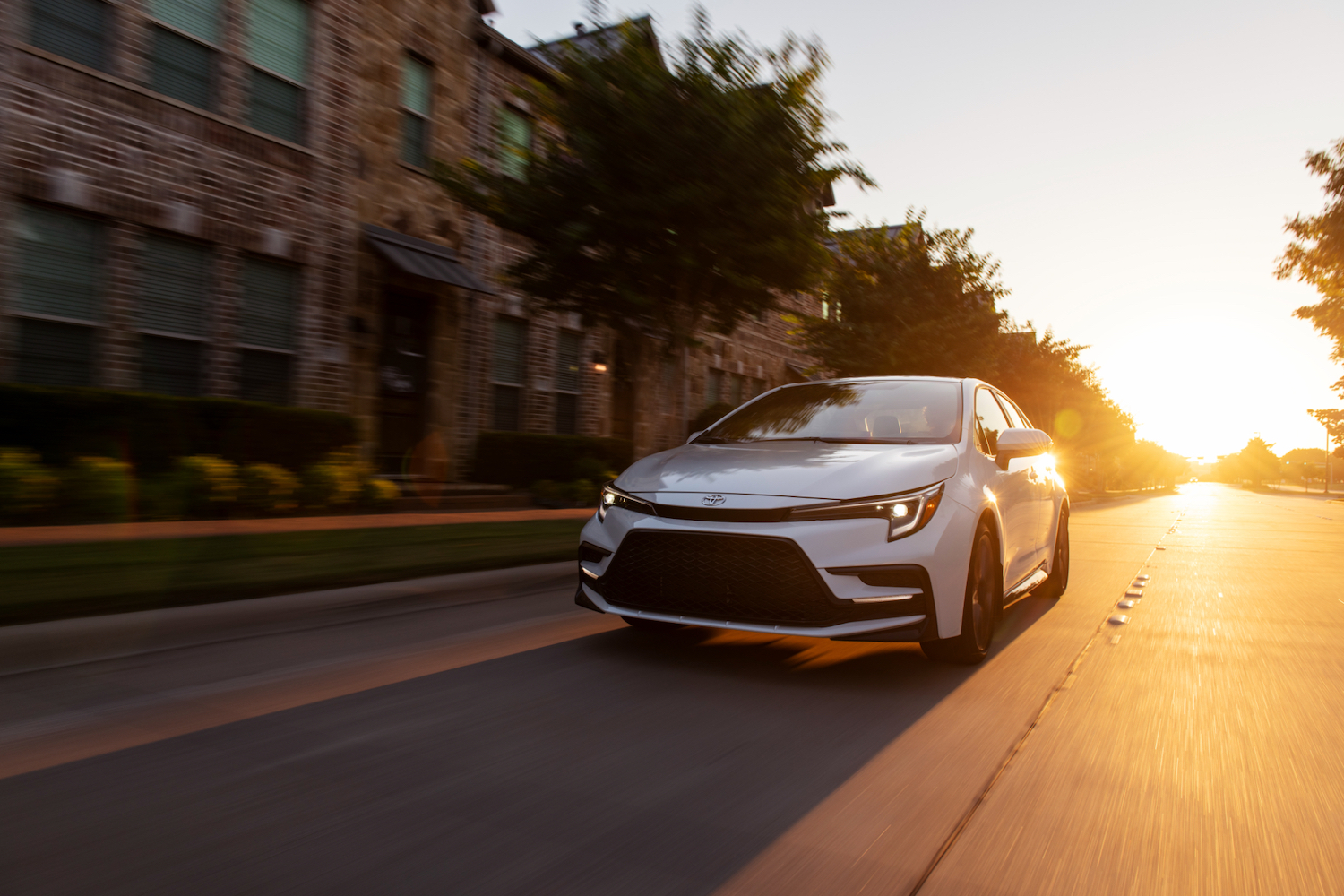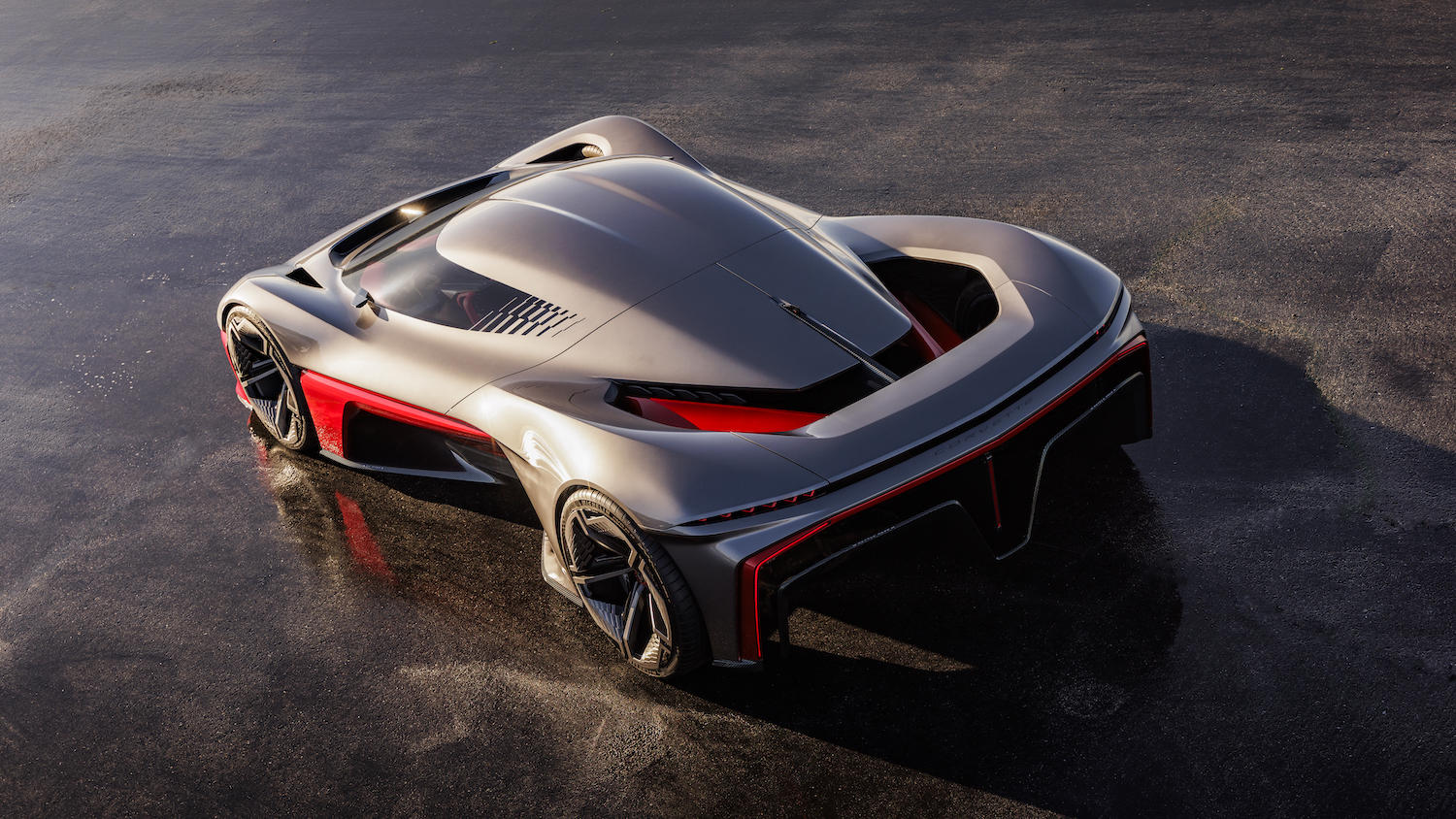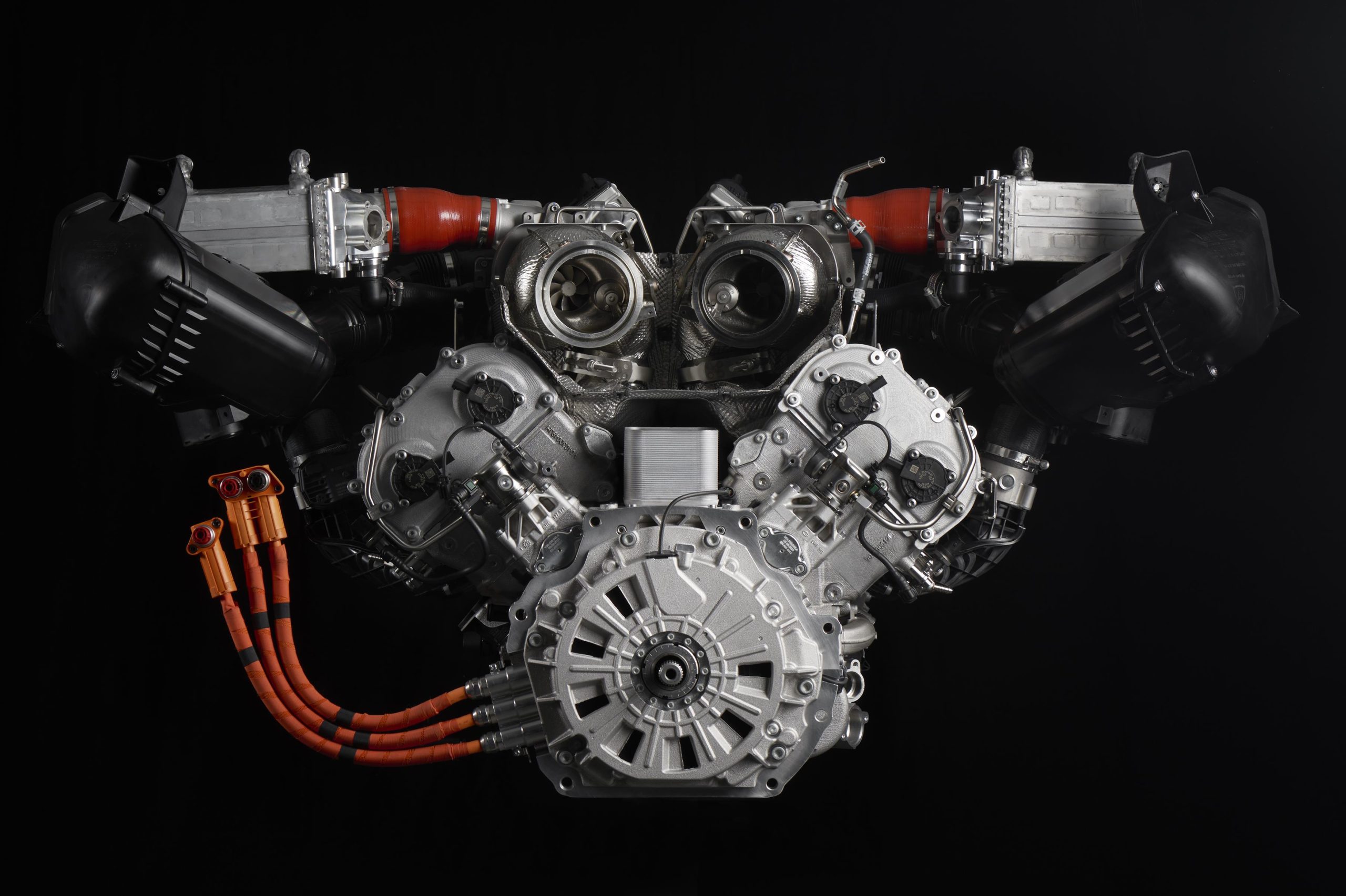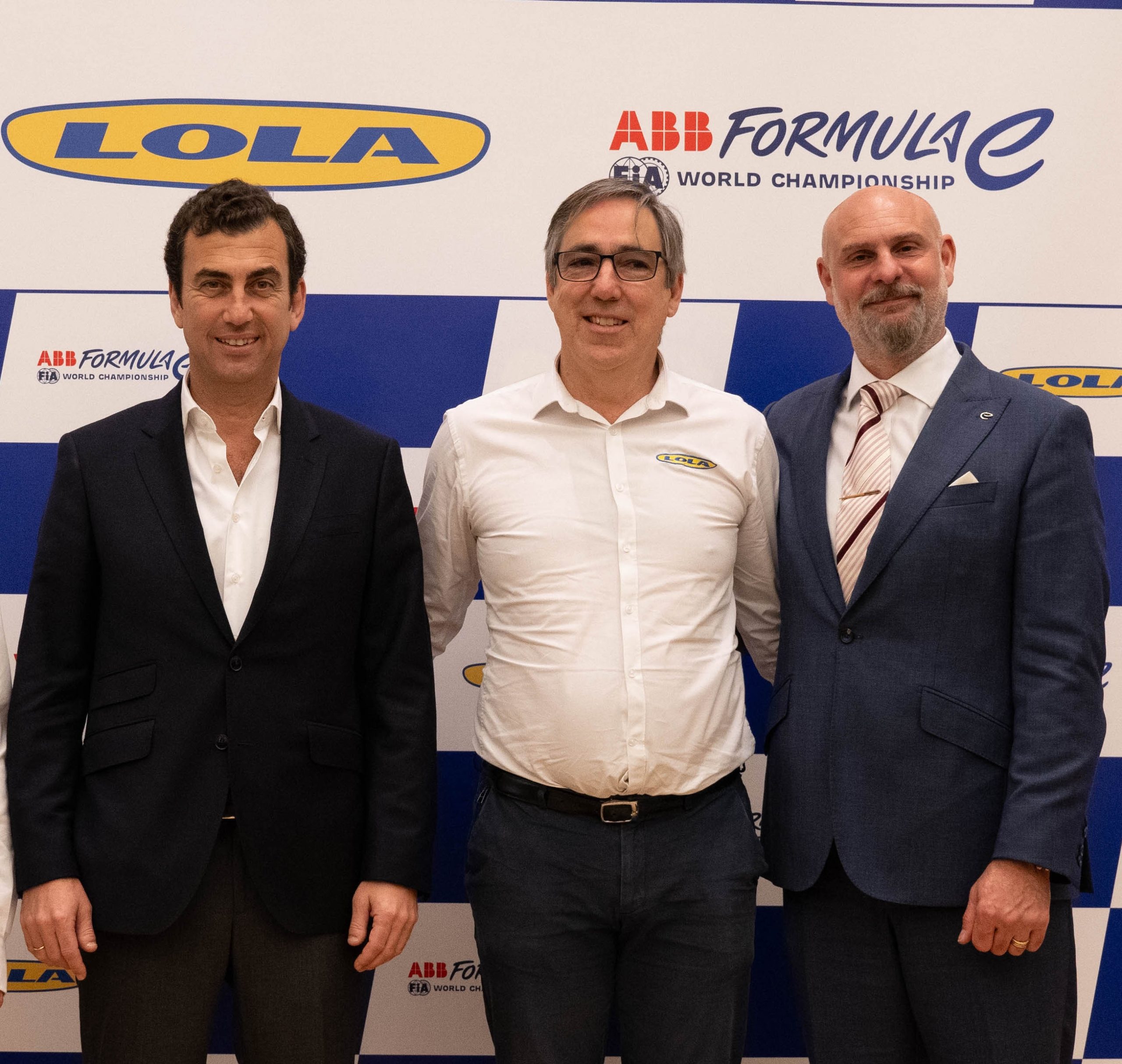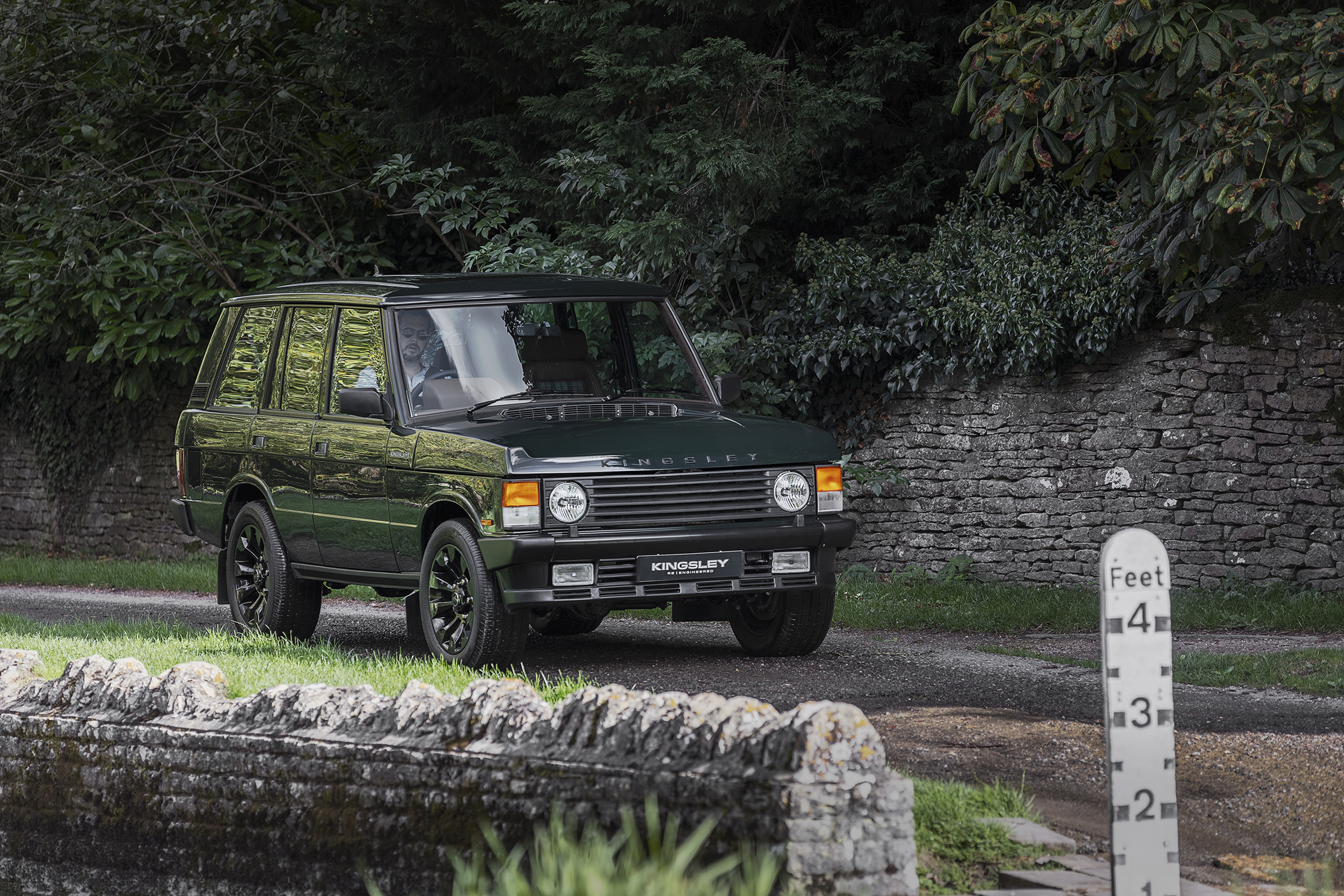BMW Group Recycling and Dismantling Centre (RDC): 30 years of setting the pace for the circular economy
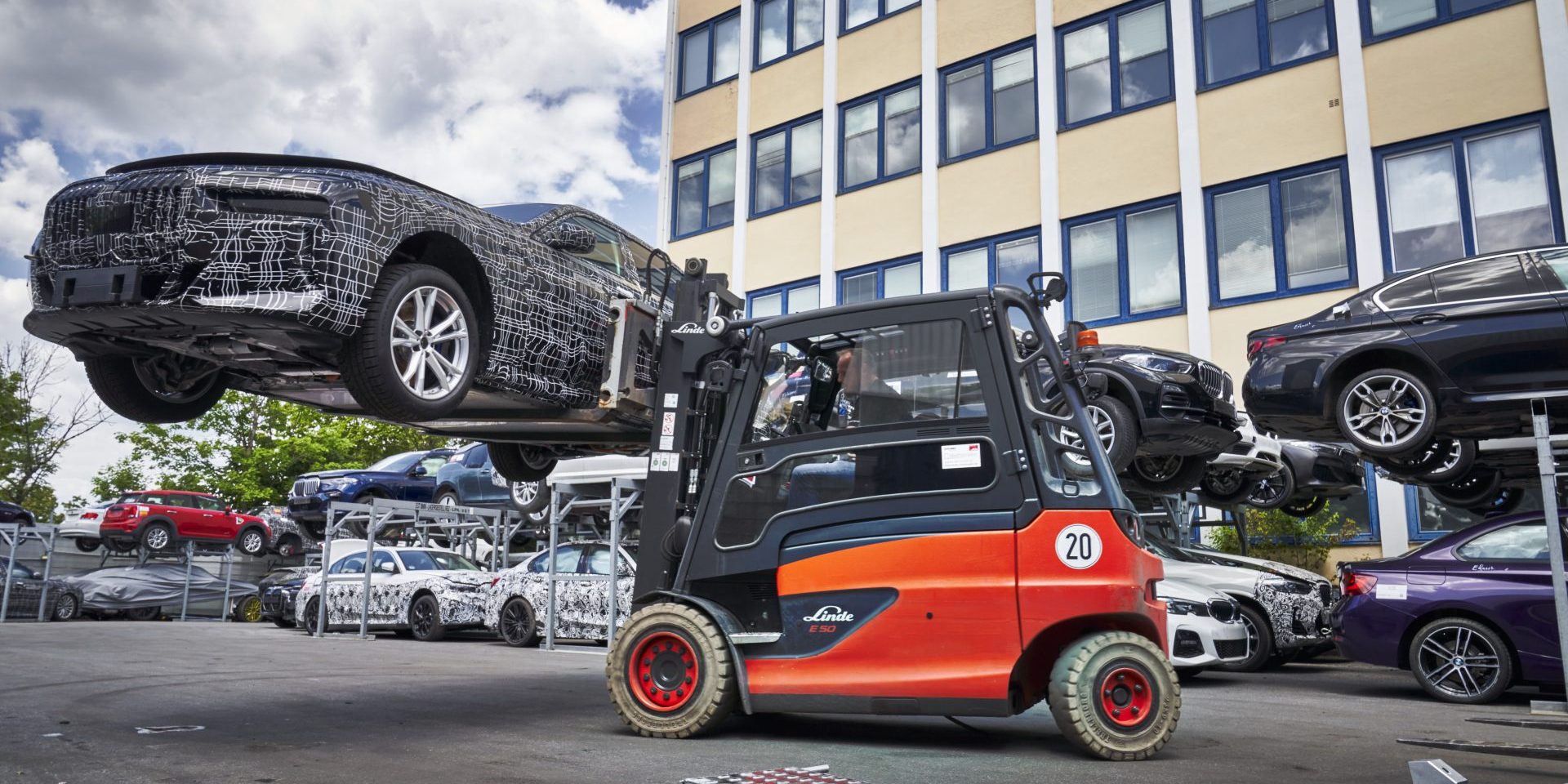
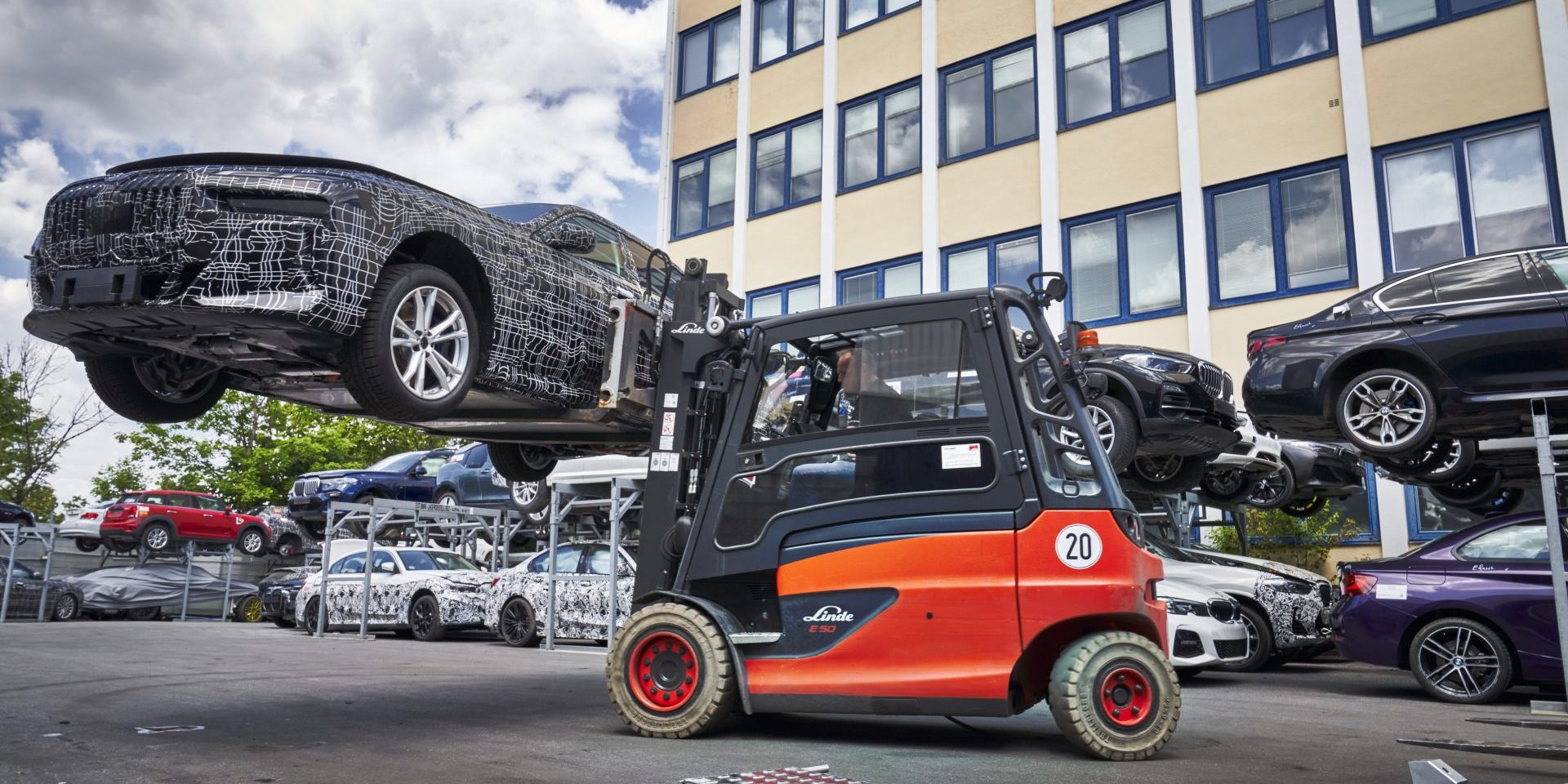
With the aim of advancing circularity in the automotive industry, the BMW Group has undertaken important groundwork in the recycling of vehicles at the end of their useful life. For 30 years, the BMW Group’s Recycling and Dismantling Centre (RDC) has been developing and testing processes to achieve significant advances in the recycling of parts and reusable materials. The expertise gained at the RDC is shared with a global network in the recycling industry and helps to promote the establishment of a circular economy in the automotive industry. It also feeds into the BMW Group’s product design process, ensuring that a new model’s recyclability is considered from the outset.
Each year, the RDC recycles several thousand vehicles, most of which are pre-series vehicles that have been used for testing and cannot be sold to end customers. These are dismantled using a standardised process that focuses on identifying reusable series components and materials suitable for recycling.
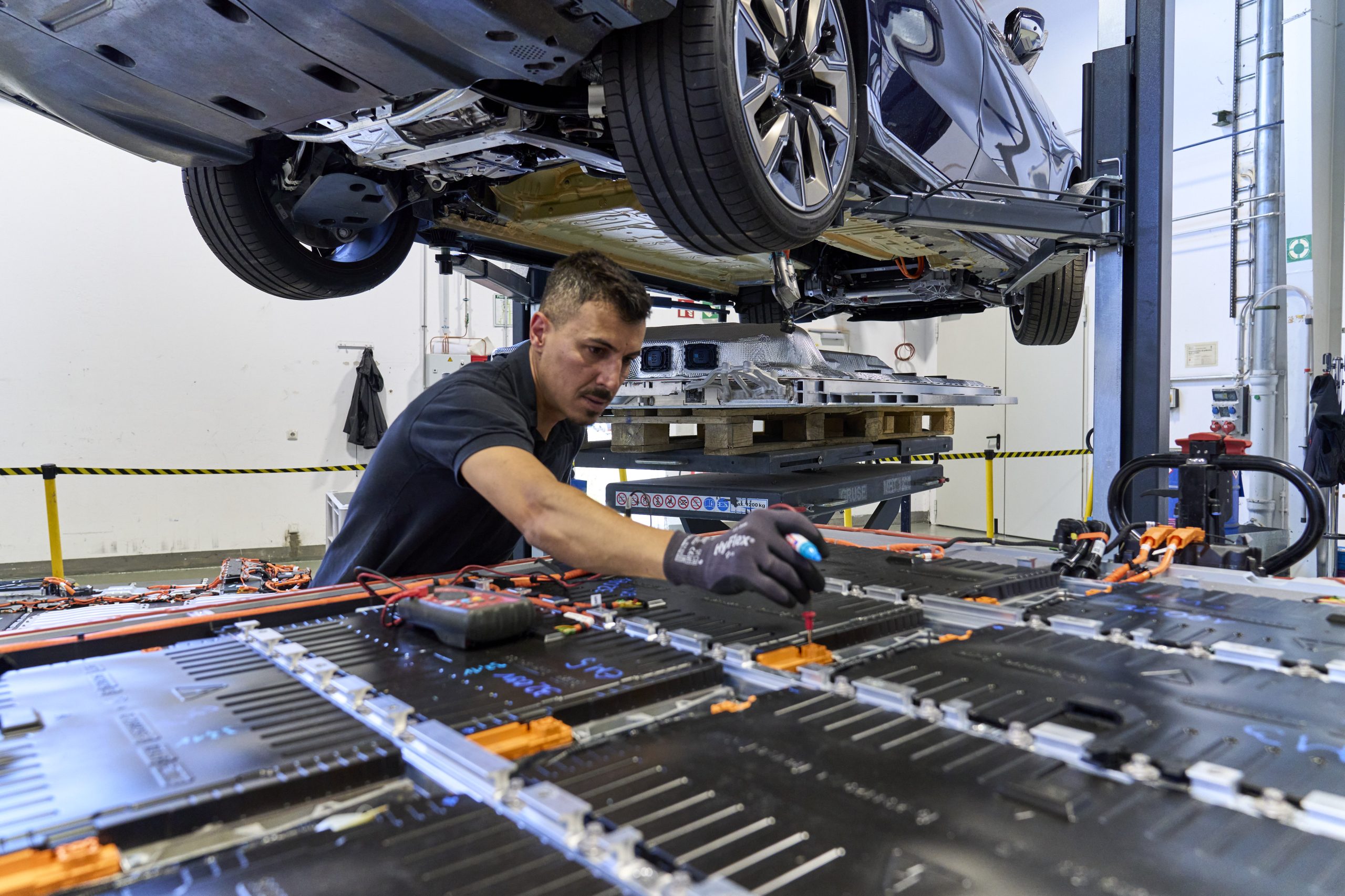
Centre of excellence for recycling provides the template for the entire industry.
What began in 1994 as a new, company-owned recycling facility has transformed over three decades into a true centre of excellence for vehicle recycling. In view of new regulations and the BMW Group’s ambitious targets, the RDC will play an even more important role going forward: the expertise it has built is key to further improving the recyclability of vehicles.
The BMW Group was instrumental in setting up the IDIS (International Dismantling Information System) platform, on which the RDC publishes its data and findings. These are then available free of charge to recycling companies around the world. Some 3,000 organisations in 32 countries currently use the joint recycling database to learn how to dismantle recyclable components cost-effectively and recover valuable materials efficiently.
Developing and improving recycling processes is part of the effort to reduce the environmental footprint, while conserving resources also helps to reduce emissions.
Today’s scrap is tomorrow’s raw material.
Vehicle recycling at the RDC begins with the controlled release of the restraint systems and the pumping out of all fluids. A proprietary BMW Group process is used to neutralise the pyrotechnics in the airbags, among other things. Oil is also removed from the shock absorbers using a specially developed device.
During the subsequent dismantling phase, the focus is initially on recycling individual components. Functional components in mint condition and with series status are not disposed of but passed on to registered dealers for resale. During the mechanical dismantling of the rest of the vehicle, certain materials, such as the copper contained in the wiring harnesses, are separated using a specially designed excavator. Once the engine block and gearbox have been removed, the remaining vehicle is pressed and shredded at an external recycling facility.
The targeted dismantling of metals ensures that today’s scrap becomes tomorrow’s raw material – to the greatest possible extent and in the best possible quality. This is not only important from an environmental point of view, but also from a financial one: just like copper, metals used in the powertrain generate particularly high revenues. Separate dismantling of the catalytic converter is also economically efficient because of the valuable precious metals it contains.
Car2Car: Rigorous research for efficient recycling.
The BMW Group also supports external research efforts into how innovative recycling processes can conserve resources and increase economic efficiency. In the Car2Car research project, subsidised by the Federal German government, the RDC provides both expertise and end-of-life vehicles. Over the past year, the project has developed methods that make it possible to utilise a much greater share of recyclable materials from end-of-life vehicles in the production of new cars, especially steel, aluminium, copper, glass and plastics.
The BMW Group has taken on the role of consortium leader in the Car2Car consortium and is collaborating with members of the recycling industry, raw material processing companies and scientists. The mid-term review of the project shows great interim progress in evaluating the economic and environmental impacts of different recycling processes. The exchange of knowledge and collaborative analysis have led to new perspectives on the recycling of residual materials, providing a solid foundation on which to build innovative processes. For example, scientists and industry experts are jointly designing semi-automated dismantling processes that will enable the cost-effective separation of recyclable materials.
Circular design for a closed material cycle.
Any knowledge gained at the RDC about the recyclability of components and materials is already incorporated into the BMW Group’s product development. By applying the principles of Re:Think, Re:Duce, Re:Use and Re:Cycle, the BMW Group aims to ensure that vehicles are available as a source of raw materials for new cars at the end of their useful life, which in Germany is on average 21 years. A key factor in these efforts is the use of mono-materials instead of composites, as they are easier to recycle thanks to their greater purity.
Production processes at the BMW Group’s plants around the world are also being revised based on the RDC’s findings: in new vehicle production, preference is given to methods that facilitate the dismantling of components and the separation of materials by type. For example, gluing has been replaced by innovative joining solutions.
Closed-loop recycling for high-voltage batteries.
As electromobility becomes more widespread, the recycling of high-voltage batteries is increasingly becoming another top priority. For many years, the RDC has been working in partnership with industry and academia to develop innovative methods to recycle BEV batteries.
Once again, the RDC is setting the pace on the road to circularity. Over the past three decades, it has repeatedly supported the development of new models, materials, and technologies by providing advances in recycling. Now, in the age of electromobility, the RDC has taken on the additional task of gathering in-depth expertise on the reuse of valuable resources and making it widely available to the recycling industry. In this way, the RDC is consistently expanding its role as a centre of excellence for vehicle recycling. At a time when the circular economy is becoming increasingly important for the future of the automotive industry, the RDC’s expertise and skills are in greater demand than ever.

